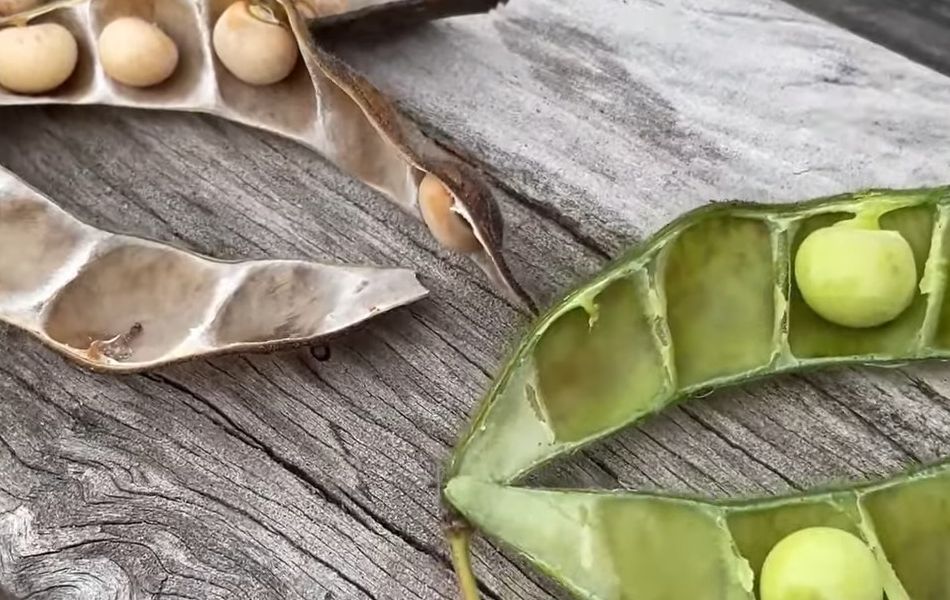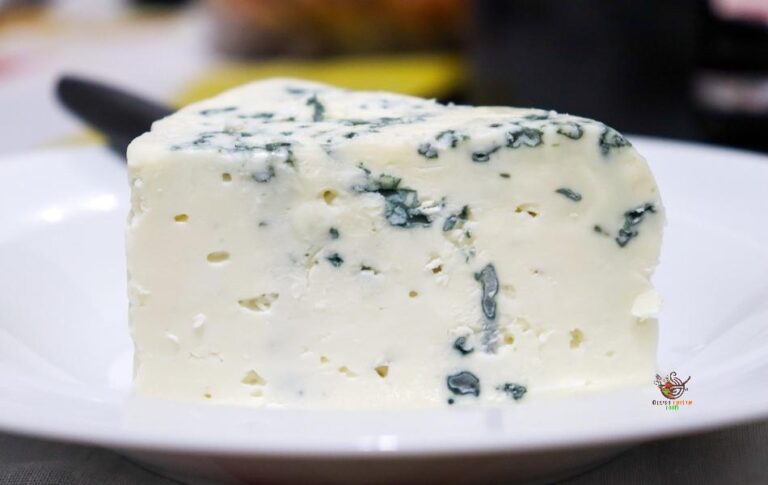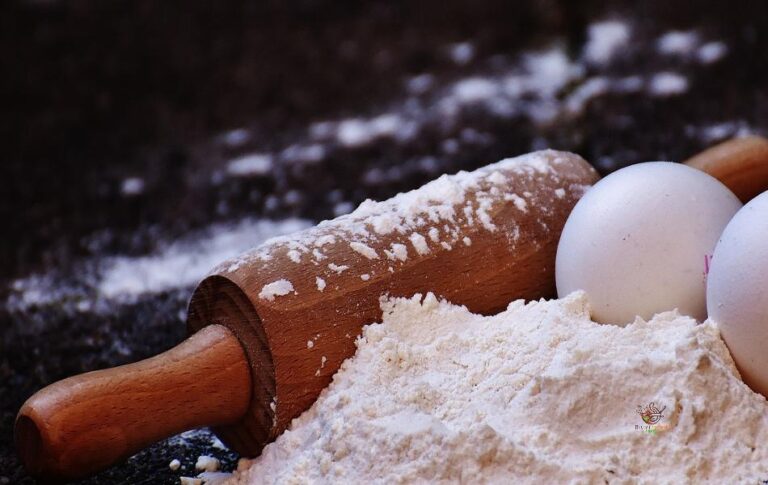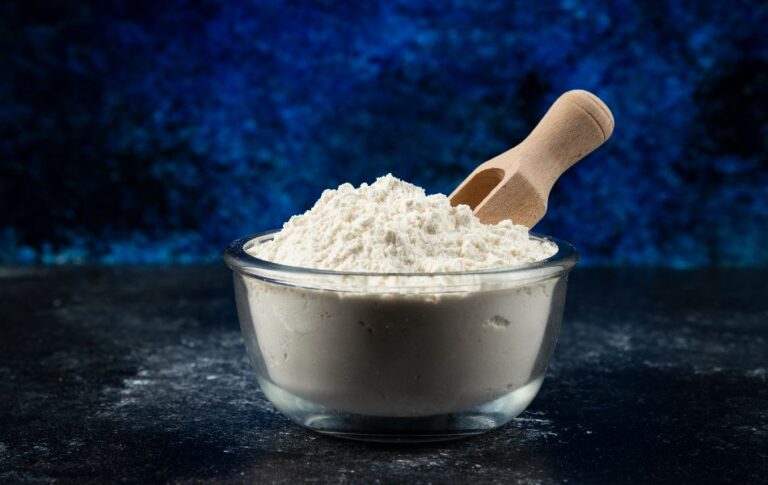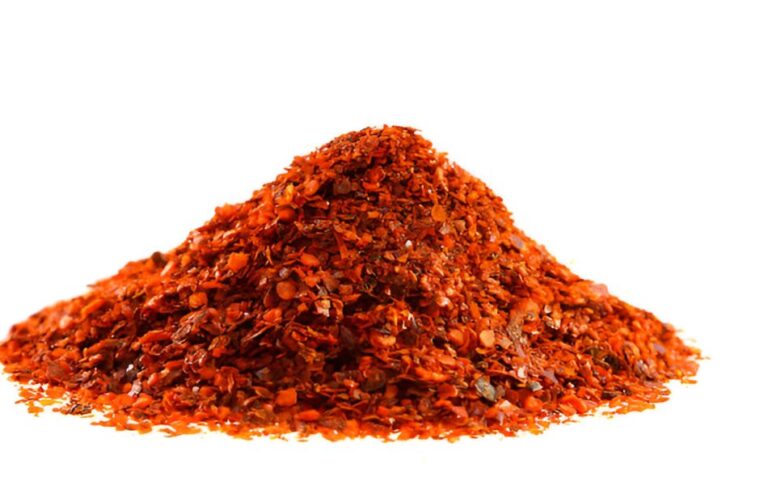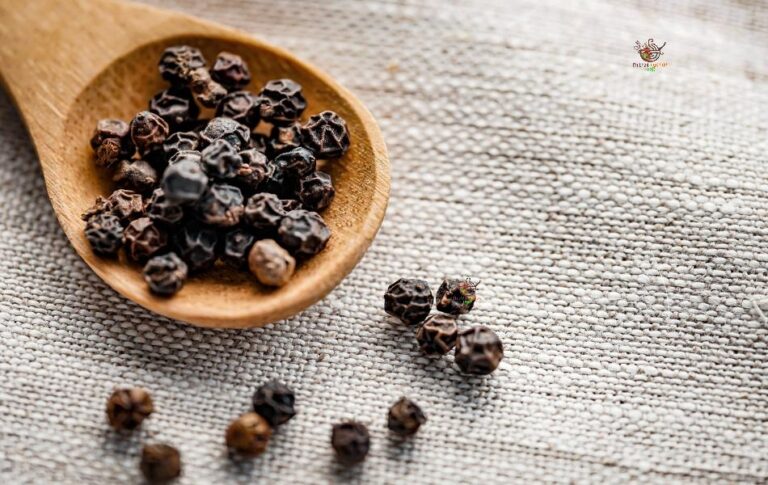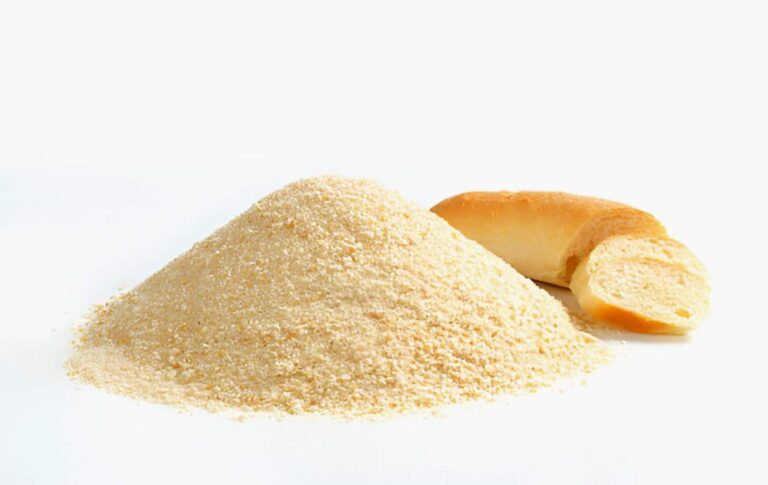Best Alternatives to Pigeon Peas
Finding pigeon peas can sometimes feel like a quest for hidden treasure, but don’t worry – there are plenty of excellent substitutes that can save your dish. Think of these alternatives as your culinary sidekicks, ready to step in and elevate your meal. Each option has a unique flavor and texture, offering new twists on your favorite recipes.
What Are Pigeon Peas?
Pigeon peas, or Cajanus cajan, are versatile legumes with a history stretching back over 3,500 years. Native to India, they’re also grown across the Caribbean, South America, and other tropical areas. These peas are known for their protein, fiber content, essential vitamins, and minerals. They thrive in warm climates and are drought-resistant, making them a staple in various cuisines.
Nutritional Benefits of Pigeon Peas
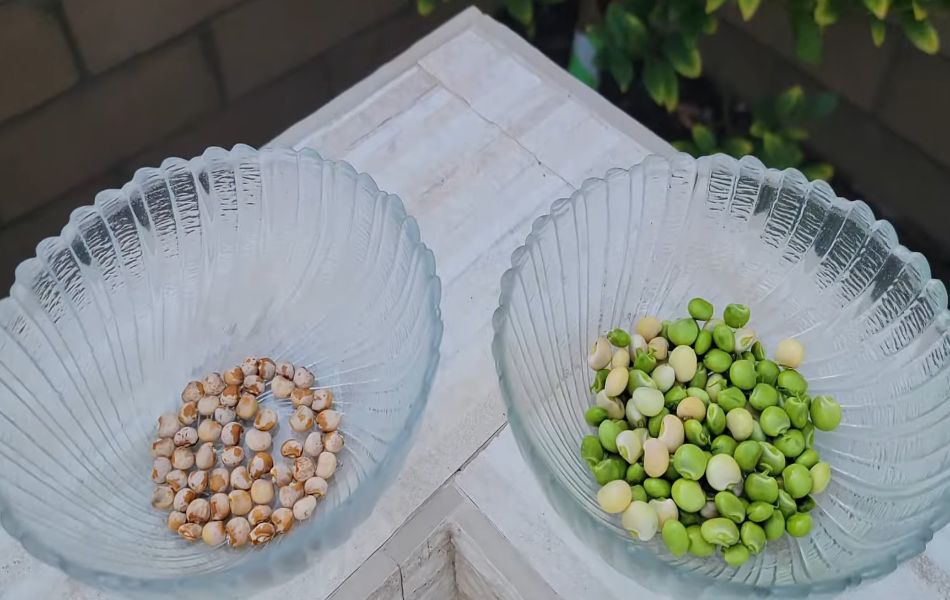
Pigeon peas are packed with nutrients. A 100-gram serving offers around 114 calories, 7 grams of protein, and 6 grams of dietary fiber. They’re also abundant in essential nutrients like iron, magnesium, folate, phosphorus, and potassium. This nutrient profile supports digestion, boosts energy, and improves bone health.
How to Use Pigeon Peas?
Pigeon peas shine in many dishes. They’re key in Indian dal, Caribbean stews, and Latin American curries. Their nutty, earthy flavor enhances soups, salads, and Middle Eastern recipes. When cooked, their meaty yet tender texture makes them a satisfying ingredient.
Top Substitutes for Pigeon Peas
If pigeon peas are elusive, several substitutes can replicate their taste and texture in your dishes. Here’s a roundup of options to consider:
1. Red Lentils
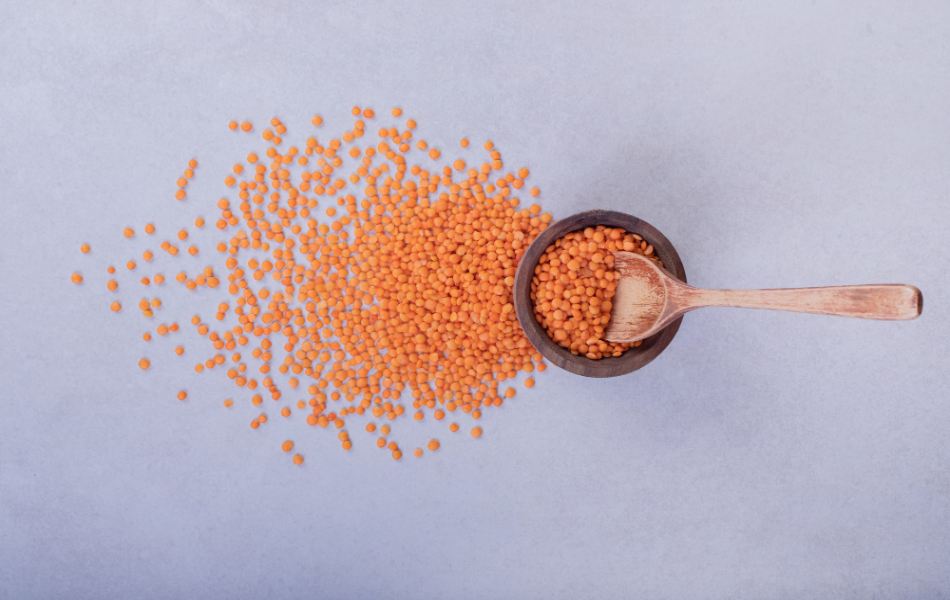
Red lentils, small and round with a bright orange hue, are a fantastic substitute. They’re packed with fiber, iron, magnesium, and high-quality proteins. Their mildly sweet flavor turns soft and mushy when cooked, making them a great match for dishes like rice and peas or Caribbean stews.
2. Black Beans
Black beans are packed with antioxidants, making them a fantastic choice for a healthier alternative to pigeon peas. These dark, flavorful legumes have an earthy, slightly nutty taste that pairs well with various dishes, such as rice or salsa. Whether you use them in main courses or side dishes, black beans deliver a rich flavor and satisfying texture similar to pigeon peas, ensuring your dish remains flavorful and hearty.
3. Chickpeas
Chickpeas, or garbanzo beans, are versatile legumes with a mild, nutty flavor and creamy texture. Rich in plant-based protein, fiber, folate, magnesium, and iron, they enhance dishes like hummus, salads, soups, and stews. Their smooth texture and gentle taste make them an excellent substitute for pigeon peas, adding nutrition and flavor to your meals.
4. Green Lentils
Green lentils hold their shape well during cooking, making them ideal for hearty salads and stews. Their slightly peppery flavor pairs beautifully with various seasonings, making them a solid substitute for pigeon peas when you need a legume that can maintain its texture and add a bit of spice to your dish.
5. Navy Beans
Navy beans, also called white beans, are small, mild-flavored legumes with a soft texture. They’re versatile and work well in soups, stews, and as a side dish. Their creamy consistency and ability to absorb flavors make them a great alternative to pigeon peas, especially in dishes with a desired smooth, comforting texture.
6. Kidney Beans
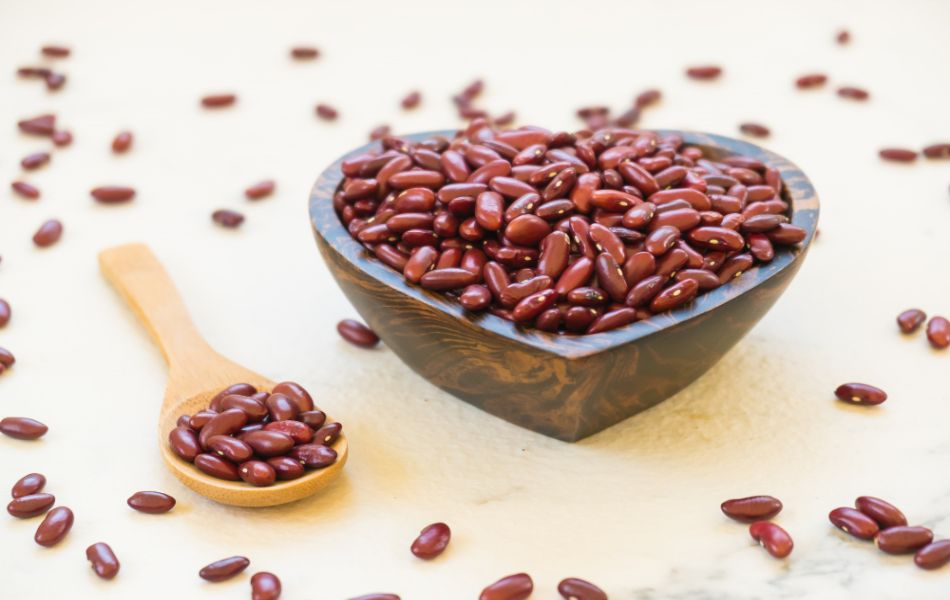
Kidney beans are nutrient-rich and have a dense, soft texture. They’re perfect for soups, curries, and salads. Although they take longer to cook, their mild, nutty flavor makes them an excellent substitute for pigeon peas.
7. Lima Beans
Also known as butter beans, lima beans have a buttery taste and a milder flavor than pigeon peas. They’re rich in magnesium and iron and work well in dishes where you want a touch of sweetness.
8. Edamame
Young soybeans or edamame provide a firm texture and nutty flavor. They’re excellent in stir-fries or as a steamed side dish.
9. Fava Beans
Fava beans have a slightly bitter taste and smooth texture. They’re well-suited for Mediterranean dishes, including salads and bean dips.
10. Black-Eyed Peas
With a distinctive flavor and mealy texture, black-eyed peas are perfect for Southern-style dishes, stews, and salads.
Choosing the Best Substitute
Consider the flavor, texture, and cooking time when selecting a substitute. Pigeon peas have an earthy, nutty flavor and a meaty texture. Match these characteristics with your chosen substitute to ensure they blend well in your dish.
Flavor Profiles
- Green Peas: Sweet flavor, suitable for lighter dishes.
- Black Beans: Earthy and rich, great for savory recipes.
- Chickpeas: Nutty and creamy, ideal for soups and salads.
Texture and Cooking Times
- Lentils: Quick-cooking, soft texture.
- Kidney Beans: Creamy texture, longer cooking time.
- Navy Beans: Crunchy, suitable for salads and rice dishes.
See Also – 12 Best Pinto Bean Substitute Picks: Taste the Difference
Wrapping Up
While pigeon peas are a cherished ingredient, many fantastic alternatives can step in when needed. Red lentils, chickpeas, black beans, white beans, and others offer unique flavors and textures. Whether you’re making soups, stews, curries, or salads, these substitutes can add depth and nutrition to your meals.
With these options, you’re equipped to handle a pigeon pea shortage and ready to experiment and discover new tastes in your cooking adventures.

